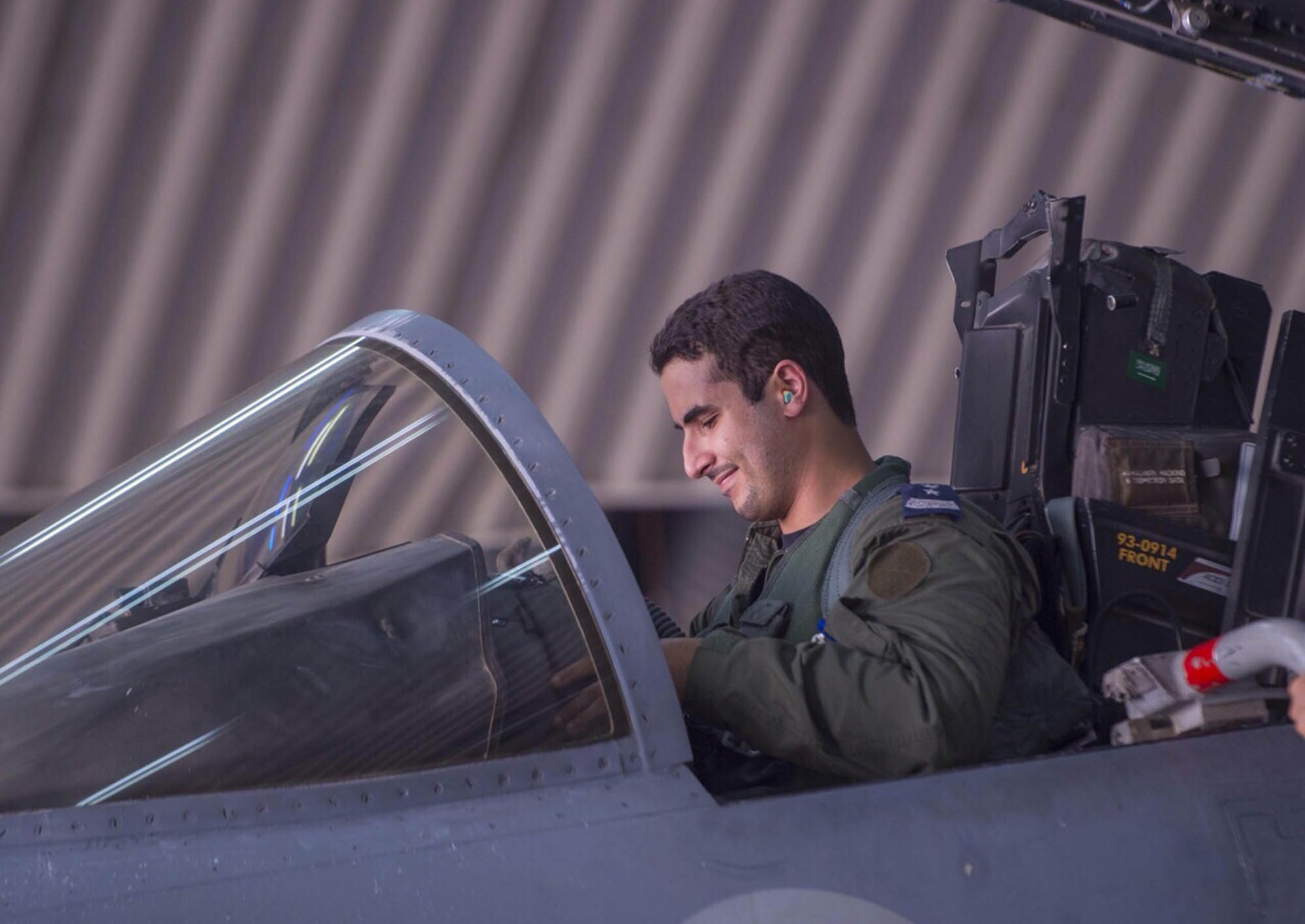In April 2017, Saudi Arabia appointed 28-years-old Prince Khalid bin Salman as its new Ambassador to the United States of America. Prince Khalid is the son of King Salman bin Abdulaziz Al Saud and the younger brother of the Crown Prince, Mohammed bin Salman, who himself is only 32-years-old, but who is determined to radically change Saudi Arabia, including by implementing his 2030 Vision for the country with measures like allowing Saudi women to drive.
Saudi Arabia and the US have been key allies for more than 70 years. Despite the clear differences in US and Saudi values, American companies have been present in the Gulf country since 1933 and both countries cooperate in fields like defense and counterterrorism, maintaining a close and friendly relation. One important indicator of this relationship is that the US is the biggest arms supplier to Saudi Arabia, supplying the kingdom with over half of its weapons imports. In an effort to maintain and expand this important close, and lucrative relationship, King Salman has appointed Prince Khalid to represent Saudi Arabia’s interests in the United States. This move provides the direct access to the ruling family and tightens the relationship between the two countries.
Prince Khalid bin Salman is well-placed to offer actors in the US government and business sector access to the ruling family and to expand the profitable military hardware deals between the US and Saudi Arabia. However, he is less positioned to make important diplomatic decisions: Prince Khalid has an extensive career as a fighter pilot but little diplomatic experience. Unlike his ambassadorial predecessors, Abdullah bin Faisal Al Saud and Adel bin Ahmed Al-Jubeir, who had held government and leadership positions within the Saudi government and were experienced in international affairs, Prince Khalid spent 9 years flying planes, a vocation that can only, with immense difficulty, be translated to representing his country’s interests in the US With a dearth of serious diplomatic experience, Prince Khalid’s appointment as Saudi Ambassador to the US can only seem to correspond to King Salman’s desire to improve the US-Saudi relationship by establishing direct, tighter, and high-level personal relations between Riyadh and Washington. In this way, Prince Khalid’s appointment can have meaningful results, as it brings him close, not only to the President, but also to Jared Kushner. The two are similar in age and Kushner, with his close relationship with President Trump, is allegedly responsible for brokering a substantial, multi-billion dollar arms deal with a discount for the Saudi government.
While the US and Saudi have always been close, Kushner’s intervention on behalf of the kingdom demonstrates a different level in the relationship, a level that was already hinted at when President Trump chose Saudi Arabia for his first trip as President of the United States. During this visit, he signed an arms deal for a total of $109.5 billion, the largest single defense deal ever completed with the Gulf country. The Trump administration also reversed the ban placed by President Obama on the sale of precision guided munitions to Riyadh after the Saudi-led coalition’s attacks in Yemen were accused of war crimes by several . This military build-up by Saudi Arabia has benefited arms manufactures like Boeing, Raytheon and Lockheed Martin, which Prince Khalid visited in Texas during his first official trip as Saudi Ambassador to the US More recently, the US government approved the sale of the Terminal High Altitude Area Defense (THAAD) anti-missile defense system to Saudi Arabia. The deal, estimated in $15 billion, is testimony to the approach of the current administration to security in the Middle East and the deep and close relationship between the countries.
While President Trump has heralded these arms deals, the sale of many of the weapons systems were initiated by President Obama. Despite winning the 2009 Nobel Peace Prize, President Obama’s administration offered over $115 billion in weapons to Saudi Arabia, more than any other administration throughout the 71 years of the Saudi-US alliance. During his tenure in office, Saudi Arabia was the largest purchaser of American weaponry, with agreements amounting to $93.5 billion between 2011 and 2015. Moreover, Saudi Arabia’s operation in Yemen received support by the US in the form of special operations forces in the Gulf country, aerial refueling tankers and intelligence to the Saudi-led coalition.
Despite continuing to sell arms to countries with questionable human rights records, President Obama highlighted the importance of promoting human rights through foreign policy and recognized the link between the proliferation of violent extremism and abuses by the authoritarian governments of the Middle East. When the Saudi-led coalition in Yemen was accused of human rights violations that could amount to war crimes, President Obama cancelled the sale of guided missiles in an effort to limit civilian casualties and mitigate the humanitarian crisis in the country. On the other hand, the Trump administration not only lifted this ban, but it broke with previous administrations’ “” in regards of human rights. The current administration has given priority to national security and economics over human rights and promised Middle East leaders that America “will not seek to impose our way of life on others,” effectively downgrading US concerns over human rights in favor of arms sales.
The clear disregard of human rights shown by the current administration, while prioritizing the sales of weapons, could lead to a regression in the enjoyment of freedoms and rights in many countries with controversial human rights records. The US government should re-engage in the promotion of human rights and make them a crucial component of its foreign policy, particularly international security and cooperation, thus avoiding to become complicit in human rights abuses.
Juan Carmelo Rodríguez Melián is an Advocacy Intern at ADHRB.





